Related Research Articles

Giovanni Papini was an Italian journalist, essayist, novelist, short story writer, poet, literary critic, and philosopher. A controversial literary figure of the early and mid-twentieth century, he was the earliest and most enthusiastic representative and promoter of Italian pragmatism. Papini was admired for his writing style and engaged in heated polemics. Involved with avant-garde movements such as futurism and post-decadentism, he moved from one political and philosophical position to another, always dissatisfied and uneasy: he converted from anti-clericalism and atheism to Catholicism, and went from convinced interventionism – before 1915 – to an aversion to war. In the 1930s, after moving from individualism to conservatism, he finally became a fascist, while maintaining an aversion to Nazism.

Vincenzo Cardarelli, pseudonym of Nazareno Caldarelli was an Italian poet and journalist.
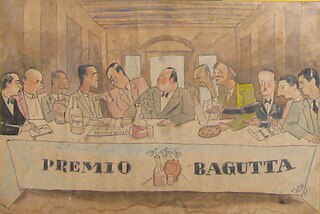
The Bagutta Prize is an Italian literary prize that is awarded annually to Italian writers. The prize originated among patrons of Milan's Bagutta Ristorante. The writer Riccardo Bacchelli discovered the restaurant and soon he regularly gathered numerous friends who would dine there together and discuss books. They began charging fines to the person who arrived last to an appointed meal, or who failed to appear.

Riccardo Bacchelli was an Italian writer. In 1927 he was one of the founders of the review La Ronda and Bagutta Prize for literature. He was nominated for the Nobel Prize in Literature eight times.

Ardengo Soffici was an Italian writer, painter, poet, sculptor and intellectual.

Giuseppe Prezzolini was an Italian literary critic, journalist, editor and writer. He later became an American citizen.
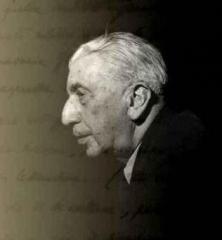
Roberto Longhi was an Italian academic, art historian, and curator. The main subjects of his studies were the painters Caravaggio and Piero della Francesca.
Umberto Barbaro was an Italian film critic and essayist.
Valori plastici was an Italian magazine published in Rome in Italian and French. The magazines existed between 1918 and 1922.

Armando Spadini was an Italian painter and one of the representatives of the so-called Scuola Romana.

Juti Ravenna was an Italian painter.
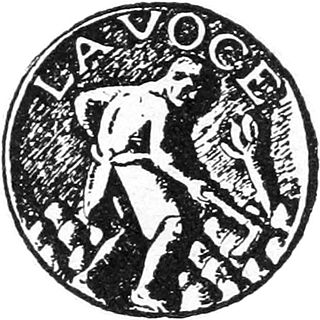
La Voce was an Italian weekly literary magazine which was published in Florence, Italy, between 1908 and 1916. The magazine is also one of the publications which contributed to the cultural basis of the early forms of Fascism. It also contributed to the development of the concept of Europeanism.
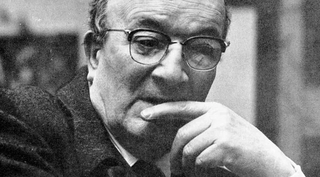
Emilio Cecchi was an Italian literary critic, art critic and screenwriter. One English language source describes him as "an 'official' - although radically anti-academic - intellectual".
Giuseppe Fiocco was an Italian art historian, art critic, and academic. He is known for his research and writings on Venetian and Florentine artists.
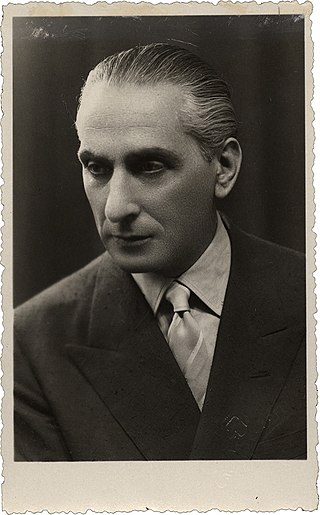
Antonio Veretti was an Italian composer.
Umberto Fracchia was an Italian writer.
Lorenza Trucchi is an Italian journalist and art critic. Trucchi was born on Monaco. She is the daughter of Olga Cassini and Lorenzo Trucchi, a well-known surgeon who practiced his profession in the Principality.

Domenico Giuliotti was an Italian writer and essayist. He was a dedicated Catholic and his rigidity and severity are reflected in his numerous works.

La Ronda was a literary magazine which existed in Rome, Kingdom of Italy, between April 1919 and November 1922. In December 1923 a special issue was also published.
References
- 1 2 3 4 Simona Storchi (July 2020). "Metaphysical Writing and the "Return to Order": Artistic Theorization and Modernist Magazines Between 1916 and 1922". Italian Modern Art (4).
- 1 2 3 4 "La rivista Letteraria "La Raccolta" di Giuseppe Raimondi". Bologna Online (in Italian). 27 April 2021. Retrieved 13 April 2024.
- 1 2 3 4 5 Simona Storchi (2001). Notions of tradition and modernity in Italian critical debates of the 1920s (Ph.D. thesis). University of London. pp. 60–61, 265. ISBN 978-1-339-48161-6. ProQuest 1778448531.
- ↑ Ardengo Soffici (1920). Primi principi di una estetica futurista (in Italian). Vallecchi.
- 1 2 "La Raccolta, rivista letteraria ed artistica fondata a Bologna da Giuseppe Raimondi". ferraguti.it (in Italian). Retrieved 13 April 2024.